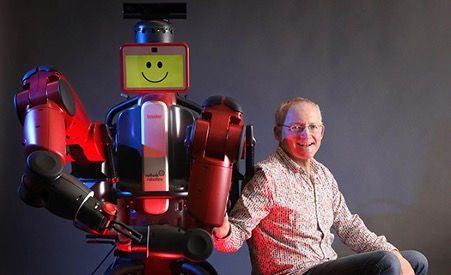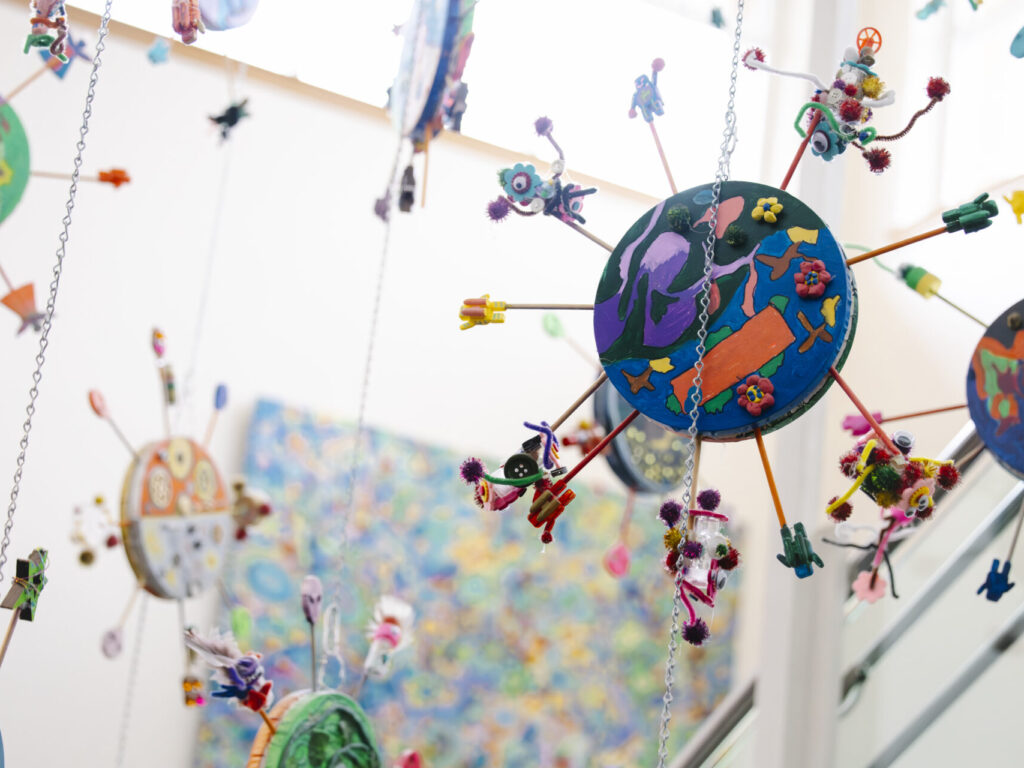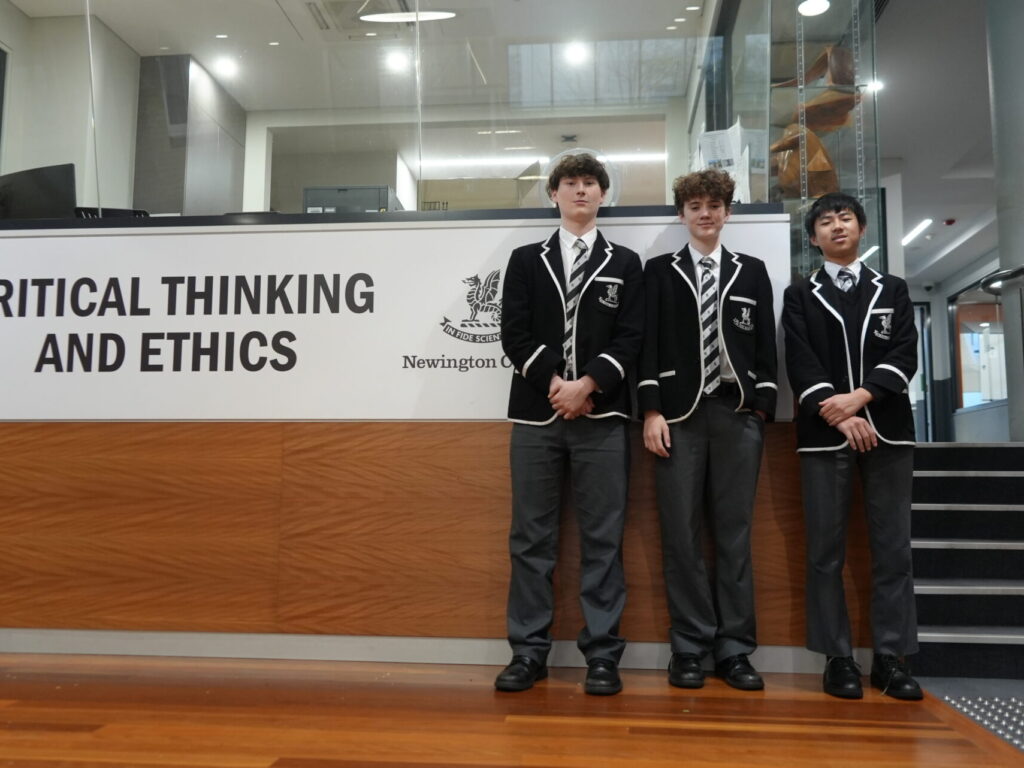Could artificial intelligence outsmart humans, and should we be worried?
Referencing a phenomenon now commonly known as ‘the singularity’, eminent scientific minds have long anticipated the possibility that artificial intelligence (AI) could eventually become more intelligent than humans themselves.
‘At some stage therefore we should have to expect the machines to take control.’
In an article for The Conversation earlier this year, Professor Toby Walsh, Chief Scientist at UNSW.ai, recounts that some of the great thinkers of this century have cast ominous predictions on AI’s ability to overpower humans, including Geoff Hinton (often referred to as the ‘godfather’ of AI) and Alan Turing (whose work in computer science is widely considered to be foundational to the field of AI).
Turing’s prediction in 1950 was that once machines had the ability to learn from experiences in the same way that humans do, ‘it would not take long to outstrip our feeble powers […] At some stage therefore we should have to expect the machines to take control.’ Meanwhile, in 2024 Hinton suggested there was a 10 to 20 per cent chance AI could lead to human extinction within the next three decades.
However, not all experts, such as Professor Walsh, entirely agree with these somber forecasts. Debates continue to rage around if and when AI will surpass human intelligence, and what ramifications there might be if the singularity does occur.

These are some of the confronting questions facing civilisation that Professor Walsh will explore in his upcoming public talk at Newington College on Thursday 14 August 6.30pm-8pm.
In 2018, Professor Walsh put forward his own predictions in a book titled 2062, which envisaged a world 40-odd years into the future, when artificial intelligence first exceeds human intelligence.
‘When exactly machine intelligence might surpass human intelligence is very uncertain. But given recent progress in large language models like ChatGPT, many people are concerned it could be very soon,’ he writes.
‘Computers are, for example, much faster at many calculations. Computers have vast memories. Computers never forget. And in narrow domains, like playing chess, reading x-rays, or folding proteins, computers already surpass humans.’
But will it ever be possible for AI to match the nuance of human emotional intelligence, adaptability or creativity? What is it that sets apart the human mind, and could consciousness truly emerge from computation?
We invite you to come along to Professor Walsh’s talk to learn more about the ways in which AI is transforming our lives, the challenges it presents, and how this hotly contested technological advancement might ultimately help us to understand, and depend upon, our own humanity.



